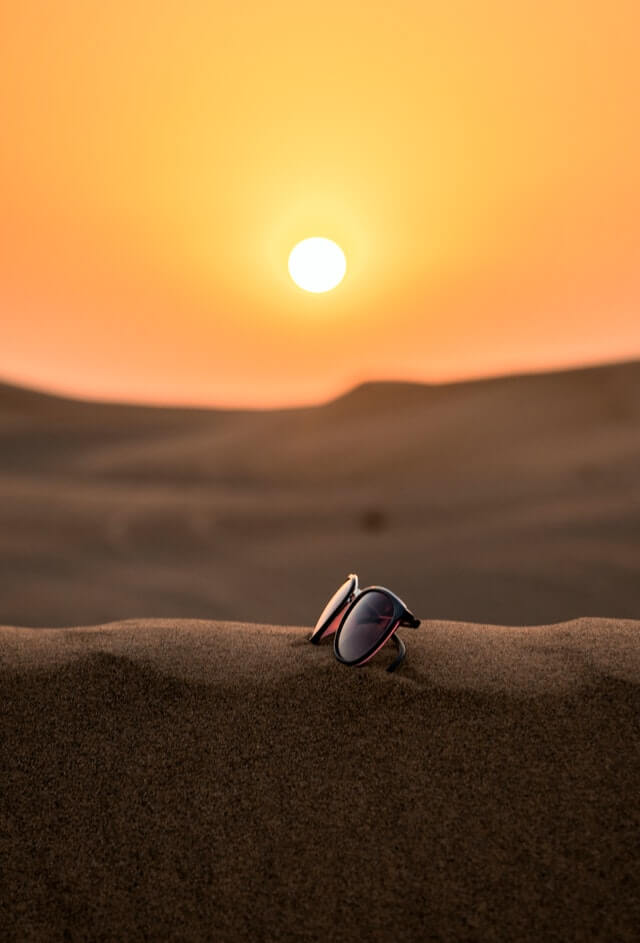Sunglasses are an accessory that’s practically synonymous with effortless fashion. Slipping on a pair of shades can immediately elevate your outfit to the next level, which explains why people are willing to pay top dollar for designer brand names like Kate Spade, Michael Kors, and Ray-Ban.
While sunglasses are stylish, the best pairs should also serve the practical purpose of filtering harmful UV rays. Let’s look at the importance of sun protection for your eyes, so you can shop for shades with confidence.
What Is UV Protection, and Why Do You Need It?
There are three kinds of ultraviolet radiation – UV-A, UV-B, and UV-C. Thankfully, the earth’s ozone layer absorbs UV-C. Still, it’s critical to protect your eyes from dangerous UV-A and UV-B rays.
Short-term UV exposure can leave you with sore, red eyes, and long-term exposure may lead to cataracts and skin cancer on or near your eyelids. Since you can’t apply sunscreen to your eyes, it’s critical to invest in sunglasses with sufficient UV protection. Whenever you’re outside, you should wear sunblock on your skin and sunglasses with UV protection.
How Much UV Protection Should My Sunglasses Have?
Whether your sunglasses are from a designer label or purchased at the drugstore, you should always look for a label stating that they block 100% UV radiation. While you can save money by buying an inexpensive pair of sunglasses, you could eventually pay the price in term of skin and eye damage.
Polarized vs. UV Protection Sunglasses
As you now know, it is crucial to protect your eyes from the sun’s rays. UV exposure can damage your eyelids, cornea, and conjunctiva. When choosing sunglasses, investigate the claims of polarized and UV protection lenses.
Polarized Lenses
The American Optometric Association states that polarized lenses reflect glare, but they do not provide sufficient UV protection unless treated with a special film.
While polarized sunglasses may benefit those driving or boating, the AOA warns people should not use them when doing activities like playing golf or flying an airplane because of how they affect visual information.
UV Protection
Board-certified ophthalmologist Dr. Brian Will suggests avoiding sunglasses that don’t offer UV protection information. Instead, choose shades that provide at least 99% UVB protection and 95% UVA protection.
Additional Protection
The AOA recommends wearing wraparound lenses for additional UV protection. And consider polycarbonate lenses, which offer impact resistance for outdoor work and sports participation.
With no federal guidelines overseeing sunglasses and their UV protection, the AOA notes lens color and tint darkness have nothing to do with the level of UV protection offered. Price is not necessarily a reliable indication of quality.
Take Care of Your Eyes for Better Health
If you are interested in learning more about prescription sunglasses and UV protection, or need to schedule an eye exam for vision correction, contact Will Vision and Laser Centers today!
